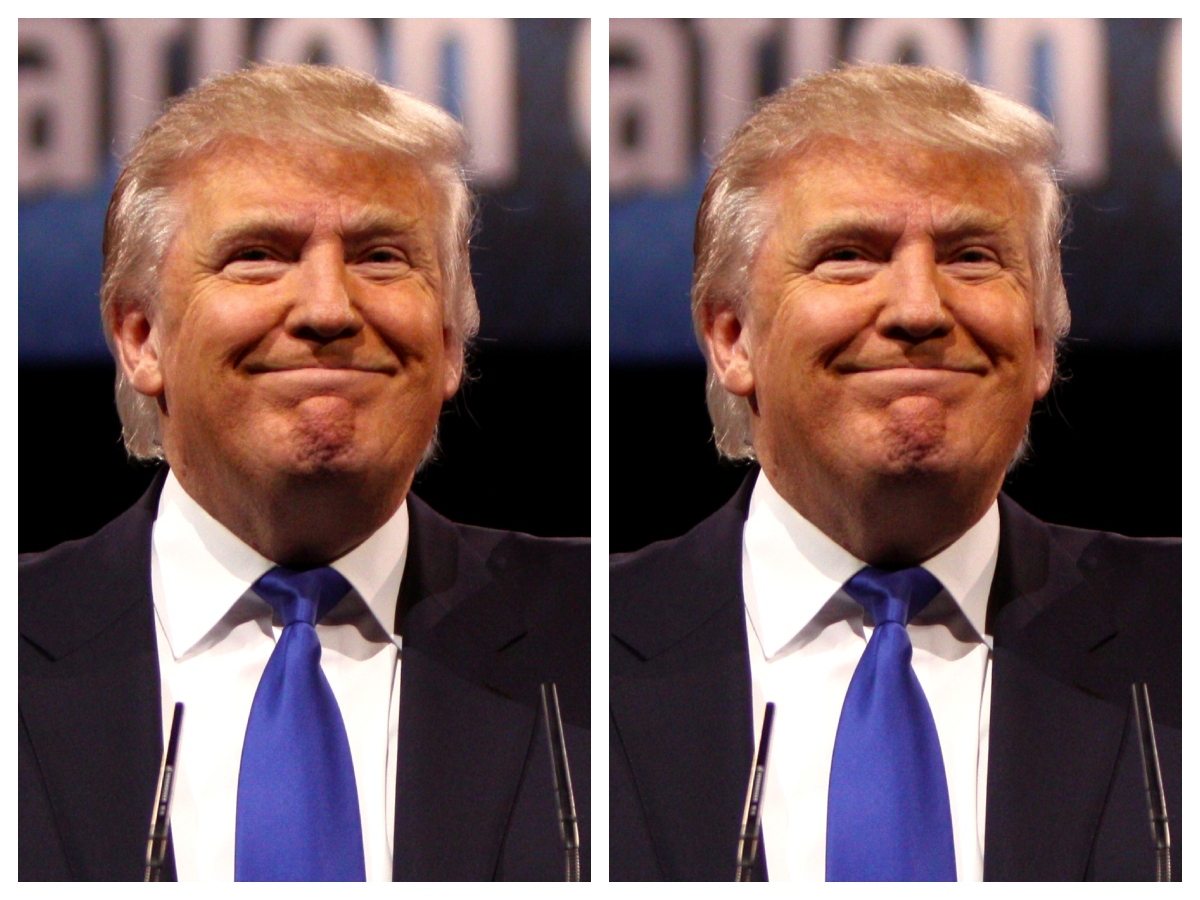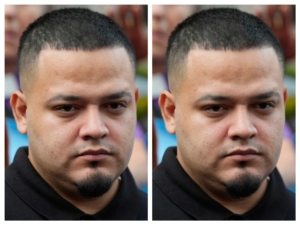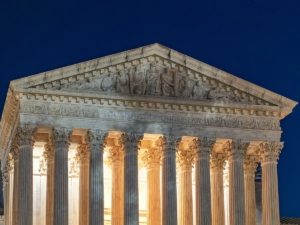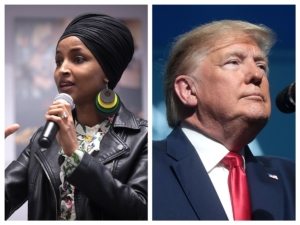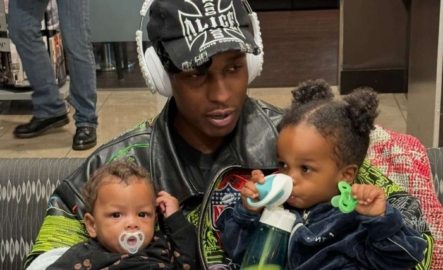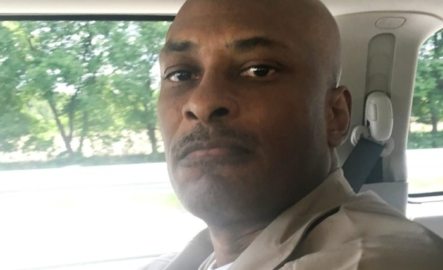U.S. President Donald Trump has announced that the United States will not take part in this month’s Group of 20 summit in South Africa. He claimed that the country’s white minority is suffering violent persecution. His allegations have been dismissed as unfounded multiple times.
Trump declared on social media Friday that no U.S. officials would attend the November 22–23 gathering in Johannesburg “as long as these Human Rights abuses continue.” Since returning to the White House, Trump has frequently targeted South Africa’s Black-led government, accusing it of mistreating Afrikaners.
Earlier this year, he signed an executive order halting all U.S. financial aid to South Africa, citing the alleged persecution of Afrikaners, descendants of Dutch, French, and German settlers who arrived in the 17th century. His administration has also given priority refugee consideration to Afrikaners, promising them most of the 7,500 U.S. resettlement spots available this fiscal year.
READ ALSO: South Africa blasts Trump’s refugee policy favoring white Afrikaners
The South African government, along with several Afrikaner groups, has rejected Trump’s claims. Many pointed out that Afrikaners, about 2.7 million people within a population of 62 million, are fully integrated into South Africa’s diverse society. They are represented across politics, business, and sports, and most support the country’s multiracial democracy.
Though Afrikaners once stood at the center of apartheid’s white minority rule from 1948 to 1994, they are not a monolithic community; some resisted apartheid while others enforced it. Today, opinions among them are split. While a few argue they face discrimination, a coalition of Afrikaner business and academic leaders recently wrote that “the narrative that casts Afrikaners as victims of racial persecution in post-apartheid South Africa” distorts reality.
Trump has continued to insist that Afrikaners “are being killed and slaughtered, and their land and farms are being illegally confiscated.” His remarks refer to sporadic attacks on white farmers that some conservative media figures have portrayed as racially driven. The president also cited South Africa’s controversial land reform proposal that allows the state to seize land without compensation, legislation that remains largely symbolic and has yet to result in any confiscations.
The origins of Trump’s narrative trace back to his first term, when he echoed unverified claims aired on Tucker Carlson’s former Fox News show about widespread murders of white farmers. Trump ordered then–Secretary of State Mike Pompeo to investigate, but the inquiry led nowhere.
READ ALSO: White South Africans to make up majority as U.S. refugee admissions cut to 7,500
Following Trump’s latest social media post, South Africa’s government reportedly called his accusations “not substantiated by fact.” Officials said the president’s assertions ignore the broader picture, that Black farmers and workers are also targeted in rural attacks that account for a very small portion of the nation’s violent crime.
In 2024, South Africa recorded more than 26,000 homicides. Of those, 37 were farm murders, according to an Afrikaner lobby group that monitors rural violence. Analysts say most of these attacks are motivated by robbery rather than race.
Trump has also chastised South Africa’s role as host of the upcoming G20 meeting, calling it a “total disgrace.” He had already opted out of attending personally, leaving Vice President JD Vance to represent Washington. The U.S. is set to assume the rotating G20 presidency after South Africa.
The president went further last week, suggesting South Africa should be expelled from the group. His criticism has gone beyond the Afrikaner issue, citing Pretoria’s “aggressive positions” toward the United States and its allies, particularly its move to accuse Israel of genocide at the International Court of Justice.
Earlier this year, U.S. Secretary of State Marco Rubio boycotted a G20 foreign ministers’ meeting in South Africa, dismissing the host nation’s summit theme of “solidarity, equality and sustainability” as “DEI and climate change.”
READ ALSO: South Africa rejects U.S. human rights report as “inaccurate and deeply flawed”

